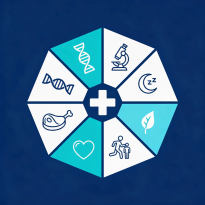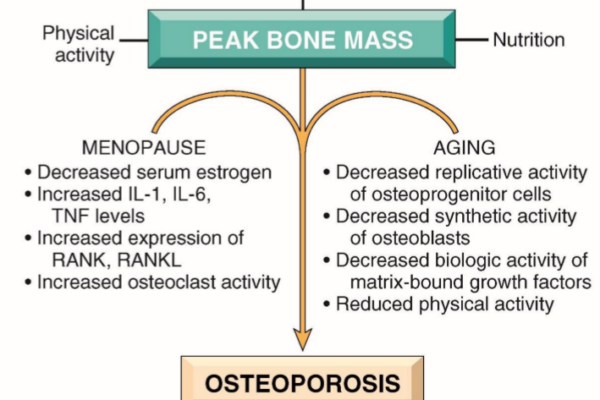The Power of Recovery and the Fear of Cancer
Where Does the Power to Recover from Illness Come From?
When we fall ill, where does the strength to regain health originate? The answer lies mostly within ourselves. In emergency situations or severe conditions, external medical treatments play a crucial role. However, even the best medical intervention cannot save a person if their own healing ability is too weak to support recovery. While modern medical advancements have undeniably extended human lifespan, and we owe gratitude to healthcare professionals, scientists, and countless patients who have contributed to this progress, studies suggest that three major factors have had the most significant impact on life expectancy:- Improved Nutrition
- Sanitation and Clean Water Systems
- The Discovery of Vaccines
What Makes Cancer So Different and Fearsome?
Cancer is unique among diseases. If we examine a single cancer cell, it does not inherently threaten life. Cancer cells themselves are not toxic or directly lethal. So why is cancer so dangerous?Cancer: A Breakdown of Cellular Balance
Cancer occurs when uncontrolled cell division takes place without our body’s intent. This results in:- An increase in immature, non-functional cells
- An overgrowth of specialized cells, disrupting normal function
- A distortion of the natural balance of cells in the body

Why Cancer Treatment Is So Challenging
With most diseases, the target of treatment is something foreign to the body—bacteria, viruses, toxins, or harmful substances. Eliminating the source of the problem often leads to recovery. Cancer, however, is different. The target of treatment is not an external pathogen, but a part of our own body. Cancerous cells arise from our own cells, making it difficult to distinguish between what should be destroyed and what should be preserved. This is why “conquering” cancer is not as straightforward as fighting an infection.Cancer Treatment: A Double-Edged Sword
To treat cancer, two objectives must be achieved:- Destroy cancer cells
- Slow down their growth and prevent further spread
- Chemotherapy kills cancer cells but also stimulates the proliferation of some cancerous cells.
- Strong chemotherapy drugs are classified as some of the highest-grade carcinogens—meaning they can also cause cancer.
- Targeted therapies have been developed to selectively eliminate cancer cells with less harm to healthy tissues.
The Future of Cancer Treatment: A Hopeful Perspective
Cancer may not be a disease we can fully “conquer”, but we are moving toward an era where we can coexist with cancer while living a long and healthy life. Current research trends suggest that future therapies will focus on:- Controlling cancer growth rather than outright elimination
- Minimizing harm to healthy tissues
- Enhancing the body’s natural ability to fight cancer
Conclusion
- The key to recovery lies within ourselves.
- Our body’s natural healing ability is the most important factor in overcoming illness.
- Cancer treatment is difficult because cancer is part of our own body.
- Destroying cancer cells often means harming healthy cells as well.
- There is hope.
- Medical advancements are making it possible to manage cancer effectively without completely eradicating it.
For the original Korean text, visit here. If you’re curious about the basics of traditional Korean medicine and health, read the following article: What Your Sleeping Position Says About Your Health Learn Why Studying JangSang Medicine is Important. Frequently Asked but Silly Questions (Foods Good for the Liver??) Why Full, Thick Hair Is Considered Beautiful: The Fascinating Reasons Behind It (Hair Loss Story #1)


